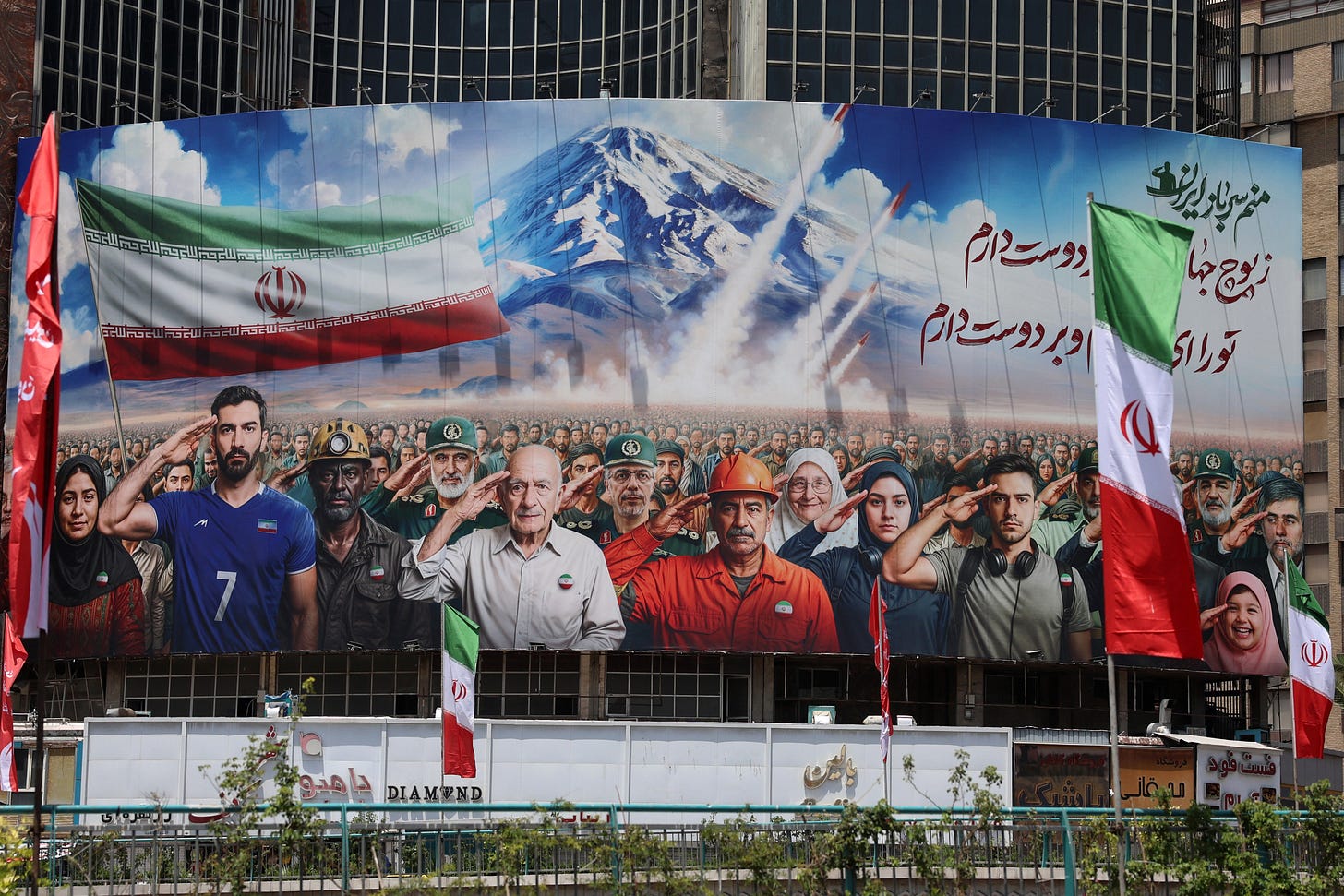On this episode of What’s the Big Idea?, former senator Bob Brown joins Paul Barclay to discuss the ‘price of extinction’, how monetising the environment won’t save it, the corporate capture of democracy and the failure of the major parties to truly protect the environment.
This discussion was recorded on 5 February 2025 and things may have changed since the recording.
Order What’s the Big Idea? 32 Big Ideas for a Better Australia now via the Australia Institute website.
Guest: Bob Brown, Co-Founder, Bob Brown Foundation // @BobBrownFndn
Host: Paul Barclay, Walkley Award winning journalist and broadcaster // @PaulBarclay
Show notes:
Shorting the Environment by Polly Hemming, Rod Campbell and Richard Denniss, the Australia Institute (September 2022)
Carbon credits no excuse for NSW Government to stall on saving koalas, the Australia Institute (April 2024)







